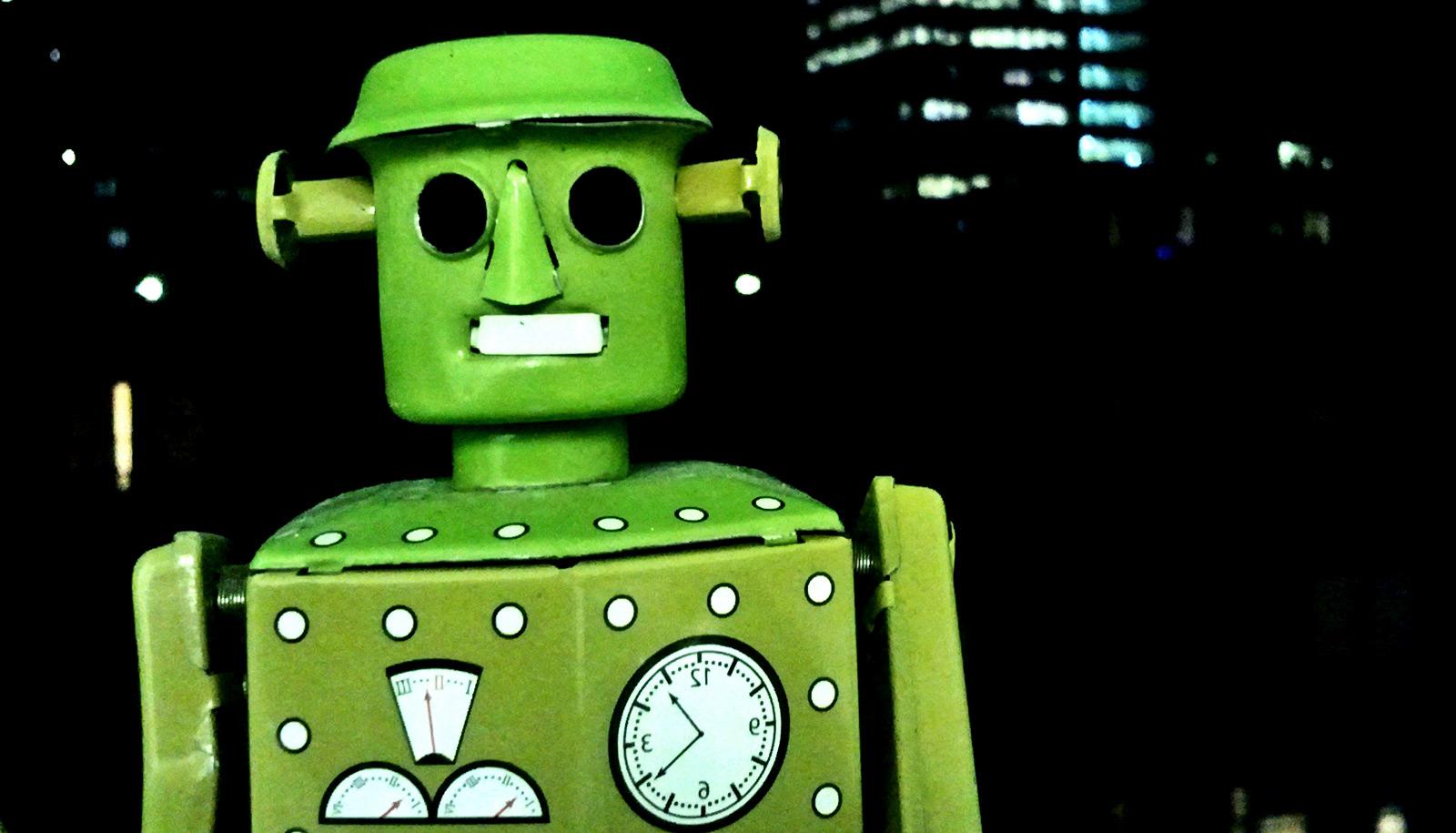UNLIMITED
People tend to see high self-control as robotic

People tend to view others who they perceive as high or very high in self-control as more robotic than those with less self-control, according to new research.
This robotic dehumanization was linked to perceptions that these people are less warm and sociable than others, the researchers report.
“How do we make sure that we see everyone as human?”
The authors, Franki Yk Hei Kung, assistant professor of psychological sciences at Purdue University, and Samantha Lapka, a postbaccalaureate researcher, and colleagues oversaw six separate, related online surveys involving 2,007 subjects to both gather and confirm their findings.
The researchers say the findings are novel, in that they highlight negative consequences for high self-control, which is universally seen as beneficial.
“Plenty of research has shown the positive individual benefits of high self-control, but very little empirical research has investigated the downsides of these perceptions,” Lapka says.
“Typically, self-control lapses are seen as undesirable, but people’s struggles with self-control may also be part of how they are seen as fully human. The findings raise questions regarding the nuanced and even paradoxical nature of human perceptions of self-control and its consequences and indeed the nature of self-control at large.”
Lapka also says reliable, highly disciplined workers can suffer in other ways because they tend to be given more work than others.
“For example, if performance expectations, but not social recognition and support, are greater for employees with high self-control,” she says, “they could be more vulnerable to health problems such as exhaustion and burnout.”
When the study findings are applied in a much broader context, Kung says, they raise sobering questions about human perceptions and treatment of others.
“This dehumanizing concept in psychology connects to a lot of really atrocious behavior,” he says. “History shows that people have relied on this idea to justify really horrible things like slavery and wars. Dehumanizing narratives used by leaders have justified treating refugees or minority groups differently because they are portrayed as less human.”
Kung says he hopes the results of these six studies can contribute to robust conversations and further study into human—and humane—perception and treatment of others.
“How do we make sure that we see everyone as human?” he asks. “How can we be careful and mindful of the ways that we are suddenly seeing other people as less than human and whether that’s actually good for society?”
The research appears in Social Psychological and Personality Science.
Additional researchers from the University of Queensland Business School and the University of Waterloo in Canada contributed to the work.
Source: Purdue University
The post People tend to see high self-control as robotic appeared first on Futurity.
